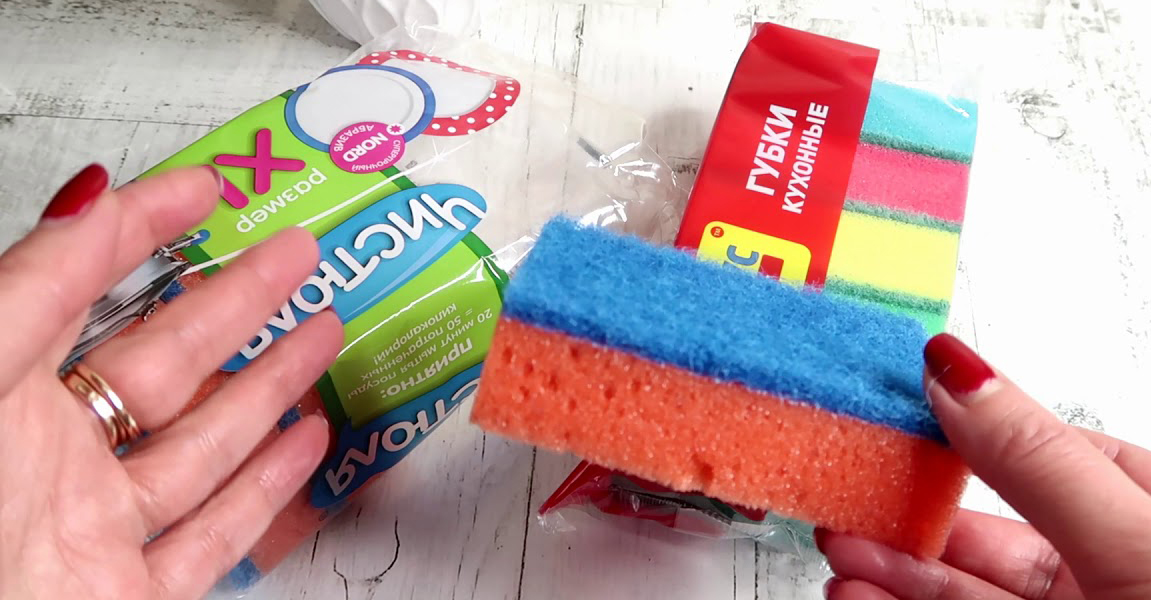
In many European countries, including Finland, have begun to abandon traditional sponges for washing dishes.
This was reported by “URA-Inform” with reference to Tsn.
Moreover, in some places the use of sponges is even prohibited. The main reason for such a ban is the difficulty of disposal, since one sponge decomposes in nature for about 50 years, which makes it environmentally unsafe.
In Finland, instead of sponges, they use a special dishwashing brush called astiaharja. Translated from Finnish, it means “dish brush”. This tool is much more environmentally friendly and hygienic than a sponge. Some Finnish homes are equipped with more modern versions of brushes that are connected to a hose for supplying detergent.
Another main problem with sponges is not only their durability, but also their ability to retain moisture. Their cellular structure creates a favorable environment for the growth of bacteria and fungi. Research confirms that sponges can be a real “breeding ground” for microorganisms. Attempts to disinfect them, for example, in a dishwasher, destroy only up to 57% of bacteria. Boiling and machine washing are less effective (47% and 43% respectively), and microwave treatment is practically useless.
Brushes, unlike sponges, have sparse bristles, due to which they dry quickly and accumulate fewer harmful microorganisms. Experts consider them an excellent alternative. And the most environmentally friendly and convenient option is to use a dishwasher, which completely eliminates the need to use sponges or brushes.
Also useful will be information on how to find out the level of wear of the phone battery: a fairly simple method is named.

